New tool to boost teaching quality at Danish universities is “a major breakthrough”
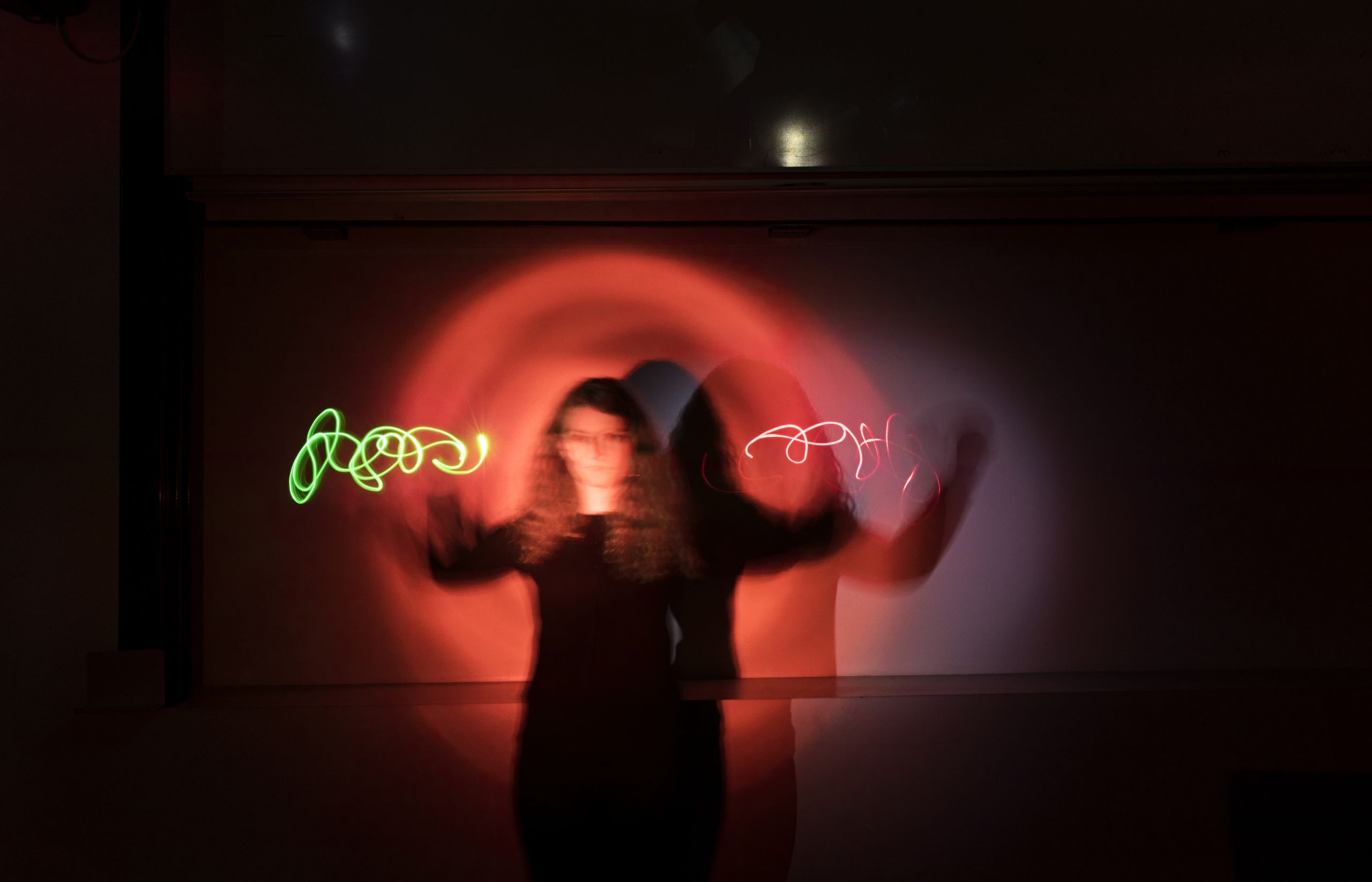
(Photo: Lisbet Holten)
The eight Danish universities have developed a national framework and tool for allocating merit, as well as acknowledging and developing teachers’ competences in the classroom. The Dean of Education at CBS and CBS Students hope that implementing the framework will boost teaching quality.
For centuries, it has been normal practice to rate and review scientific papers to ensure the quality of the conducted research.
A similar procedure for safeguarding teaching quality is not as widespread at universities, however.
“When I came to Denmark, I was totally amazed and asked myself, why does Denmark have no way of measuring and monitoring teaching quality and therefore ensuring fairness between those who teach,” says Gregor Halff, the Dean of Education at CBS, who before coming to CBS in 2018 was a deputy dean at the Singapore Management University.
Along with representatives from the other Danish universities, Gregor Halff has been part of developing the new ‘National Framework for Advancing University Pedagogy’ to be implemented at all Danish universities with adjustments to suit the individual universities.
“For us at CBS, it is the first framework for teaching quality – ever. So gathering all the universities and agreeing on a common understanding of what teaching quality is has been a major breakthrough,” he says and continues:
“The framework ensures that teaching quality and increasing teaching quality is a national endeavor that will benefit all students and teachers. It will also mean that faculty who move between universities have transparency about what’s expected of them.”
The new framework comes with a tool for allocating merit for university pedagogy. The tool operates with three levels of competences, which express a progression of competencies, including a ‘special educational tasks’ category.
For example, faculty members teaching on level one are expected to be able to “while under supervision, plan and carry out individual teaching and thesis supervision activities with a focus on the students’ learning”. Faculty members teaching at level three are expected to “master a broad spectrum of teaching and thesis supervision practices” and “develop, innovate and experiment with teaching and supervisory practices”.
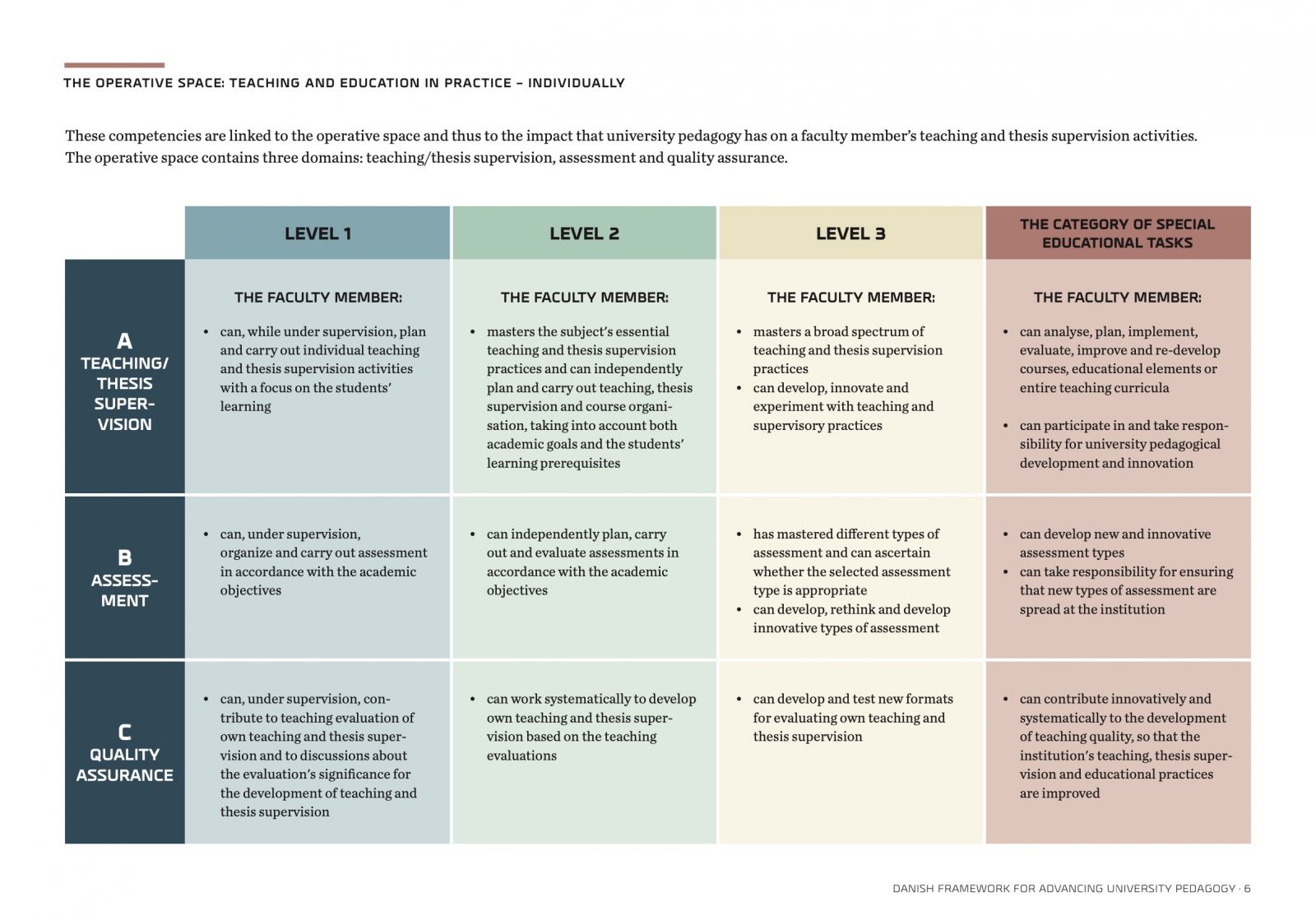
“Faculty at CBS spend more than half of their time in the classroom, and they invest an enormous amount of dedication, energy, enthusiasm and expertise in getting their teaching right, and that needs to be acknowledged and encouraged. And now we have a framework for that,” says Gregor Halff.
The new framework has also been well received at CBS Students. Maria Zoladkowska, Vice President of CBS Students, explains that during the spring, CBS Students and Gregor Halff have had meetings with students studying at CBS to obtain input and discuss what makes a good teacher and good teaching.
“Students attend CBS for the sake of having good teachers, and the new framework guides the teachers on how to improve, and how they can be measured. As it is right now there are no formal steps for expressing that,” says Maria Zoladkowska and continues:
“We’re all behind the new framework, and I believe it will increase the quality of teaching because the teachers will know how and what they can improve in their teaching.”
What makes a good teacher?
The tool can be used in job interviews and development reviews (MUS-samtale) and as a means for clarifying how and what individual teachers are doing well and in which directions they want to develop. Moreover, the plan is to implement the framework in accordance with the individual university’s pedagogical strategies, so that it matches the teaching methods.
“The most specific way the researchers or faculty members will experience the framework is that they can have much better developmental conversations with their heads of department. Moreover, using and drawing conclusions from the student evaluations will be much easier because the students will have some specific parameters for evaluation purposes,” says Gregor Halff, who, for example, taught at Singapore Management University as well as the European School of Management and Technology in Berlin.
Many students say that a good teacher is a person who can deliver the material in interesting forms and include different perspectives and relate them to what is going on in the world
Maria Zoladkowska
Although he does not teach much now, he has done plenty of teaching and has therefore read numerous student evaluations of his own courses. But it has not always been easy to interpret the evaluations.
“I very often got comments about me being flamboyant, and you can see there is a bias there. What I now know is that it has nothing to do with my teaching, and I had trouble categorizing that. If I had had a list of key teaching competences, I would have been able to see that it has nothing to do with my teaching,” he says and notes that faculty express a need for a framework:
“The need from faculty typically becomes obvious during their yearly MUS-samtale with the Head of Department, but also when applying for a year bonus,” he says.
Maria Zoladkowska explains that while talking with the students about what constitutes a good teacher, different perspectives came up.
“Many students say that a good teacher is a person who can deliver the material in interesting forms and include different perspectives and relate them to what is going on in the world. The ability to connect the dots. The students also said that good teachers explain at the beginning of the course what they are supposed to learn, what is expected of them and what topics will be covered,” she says.
Teaching = research
In a press release from Universities Denmark about the new framework, the Chairman Anders Bjarklev says that “we want to be even better at acknowledging faculty for their teaching”.
Hanne Leth Andersen, President of Roskilde University, says in the same press release that the framework is “another step in the right direction of appreciating teaching and research on equal terms”.
Gregor Halff, on the other hand, does not buy into the notion that teaching and research are not equal.
“I know that people say there is a difference, but that’s not how I perceive it. If you look at the top universities worldwide, in most places, teaching has its own star status, and it doesn’t compete with research,” he says and continues:
“What I do see is that in research you have rigorous comparison. You compare your research with the standards in your discipline, it is peer reviewed, and you open yourself to judgement, and then it becomes far easier to talk about high quality, rather than high-quality teaching. And we need to talk about this.”
Gregor Halff explains that until the framework is implemented, how it should be implemented will be a subject for discussion in various CBS forums, including how it correlates with CBS’ current REEAD model, which is a development tool for faculty and has Education as a parameter. But looking ahead, he hopes the new framework will inspire teachers to develop their teaching competences.
“We have learned over the past year how awesome our teachers are. With a lot of courage, they have tried out completely new online teaching formats and, with the framework, I hope we can keep their spirits up and encourage them to try new things, as they now know what competences are in play and how they can develop themselves and improve their teaching further,” he says.



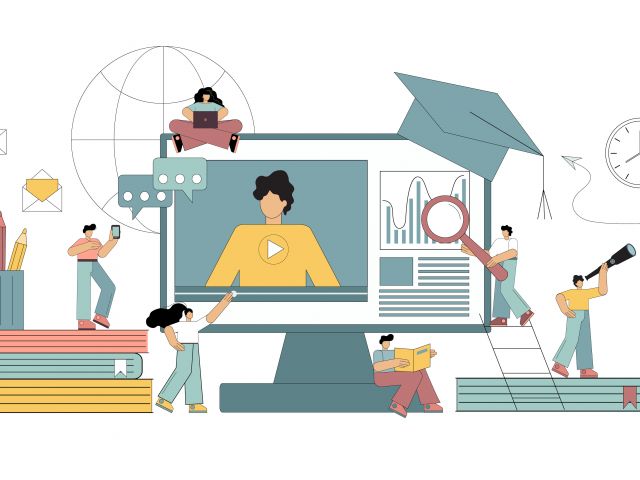
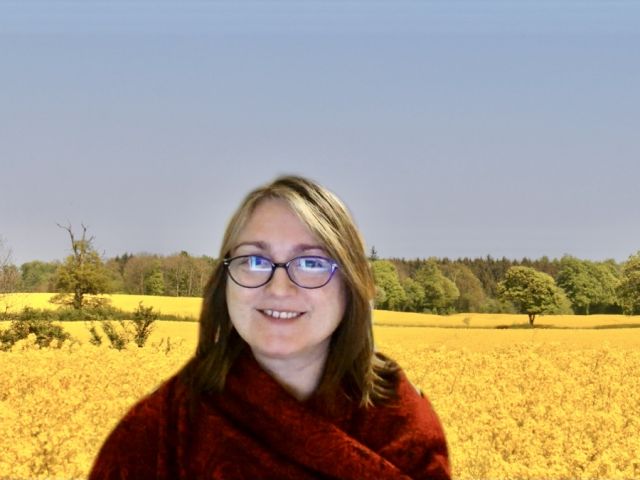



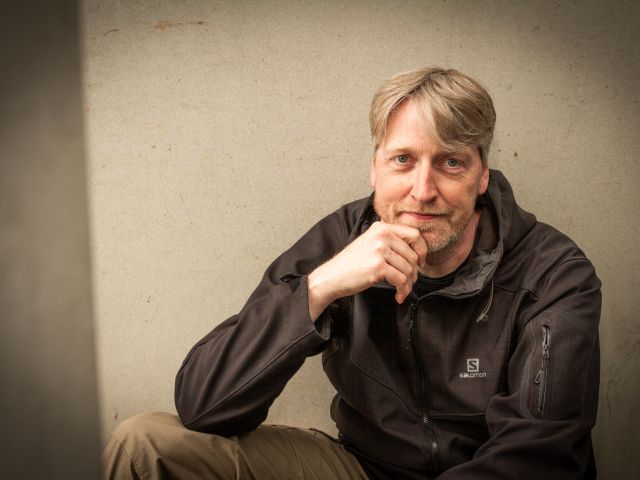





























































































































Comments